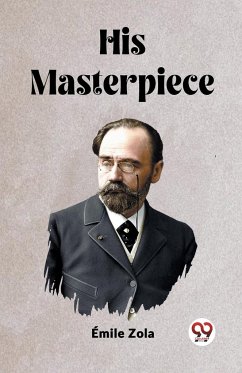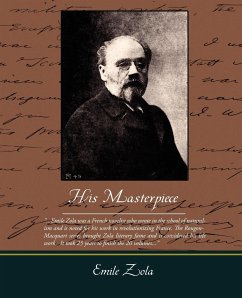"His Masterpiece" by Émile Zola is a seminal novel in French literature, blending realism with a portrayal of artistic ambition and struggle in 19th century Paris. Zola's narrative delves into the complexities of the art world, depicting the bohemian life of struggling artists and their relentless pursuit of creative genius amidst societal critique. Set against the vibrant backdrop of Paris, Zola's characters navigate through the intricacies of artistic ambition, grappling with the pressures of success and the burdens of obsession. Through vivid descriptions and keen observation, Zola captures the essence of bohemian life, portraying the highs and lows of artistic endeavor with unflinching realism. As the protagonist strives to create his masterpiece, readers are drawn into a world where the boundaries between genius and madness blur, and the pursuit of artistic perfection exacts a heavy toll. Zola's critique of the art world resonates with timeless relevance, offering insights into the human condition and the transformative power of creativity. "His Masterpiece" stands as a testament to Zola's mastery of fiction and his ability to explore the depths of human passion and ambition within the context of 19th century French society.
Bitte wählen Sie Ihr Anliegen aus.
Rechnungen
Retourenschein anfordern
Bestellstatus
Storno








